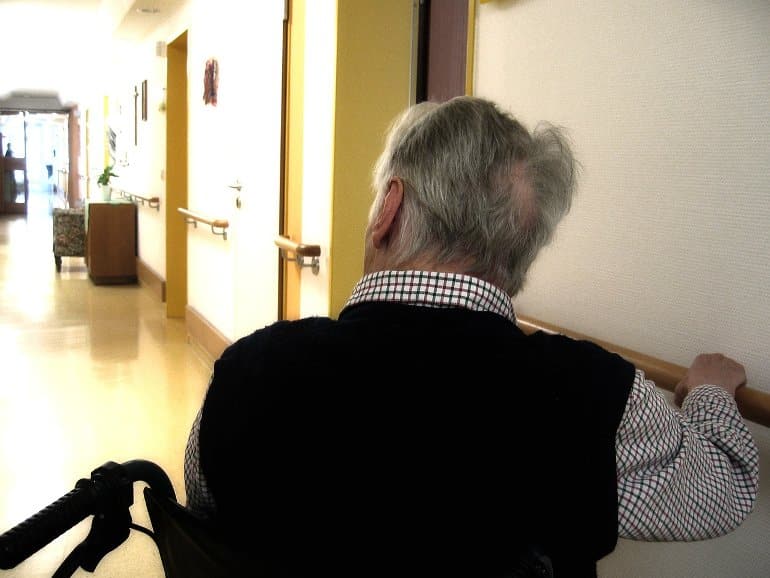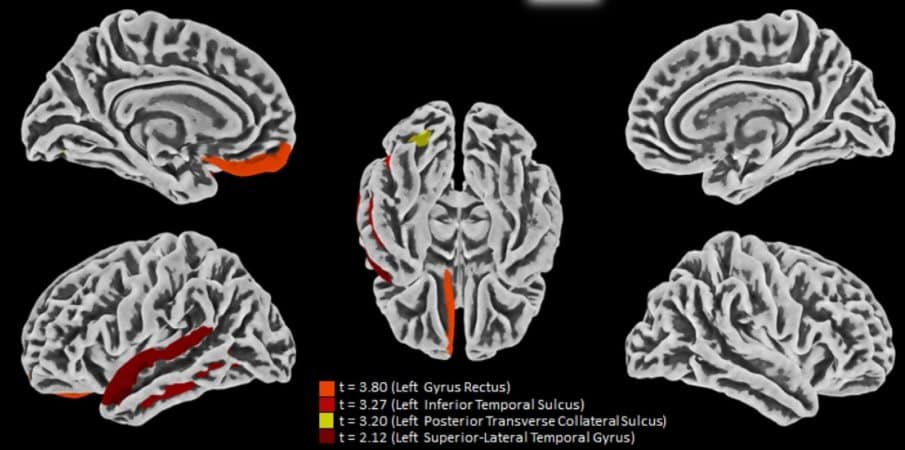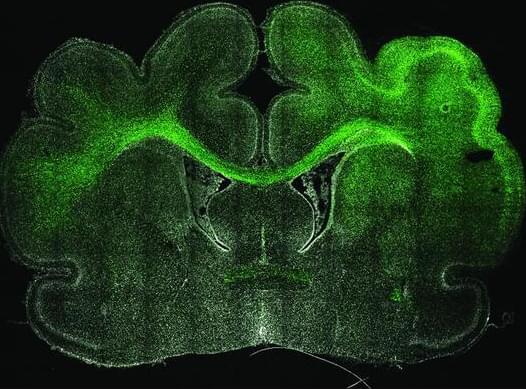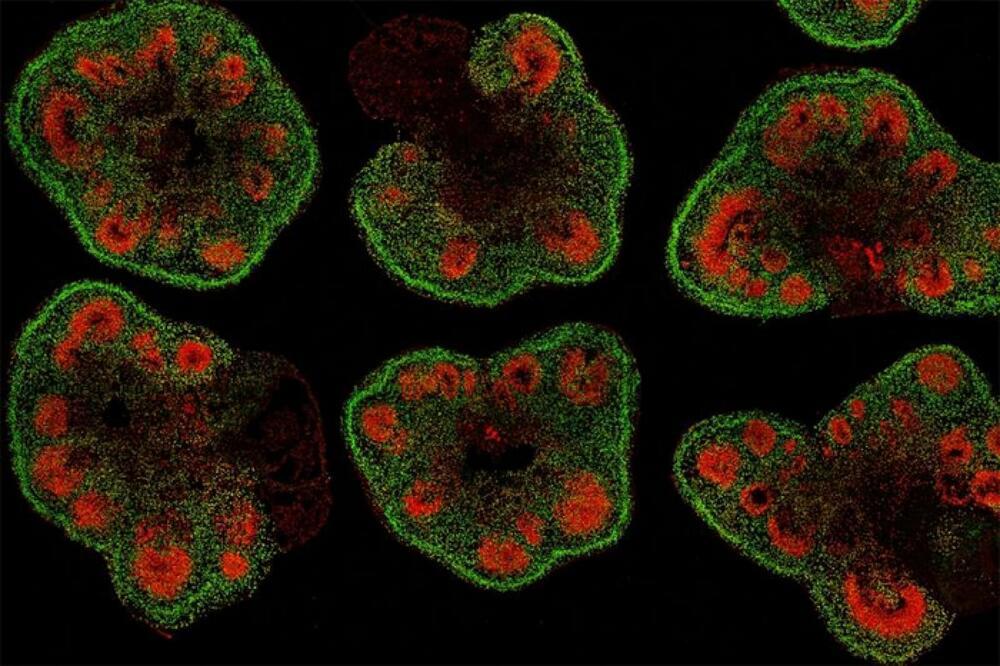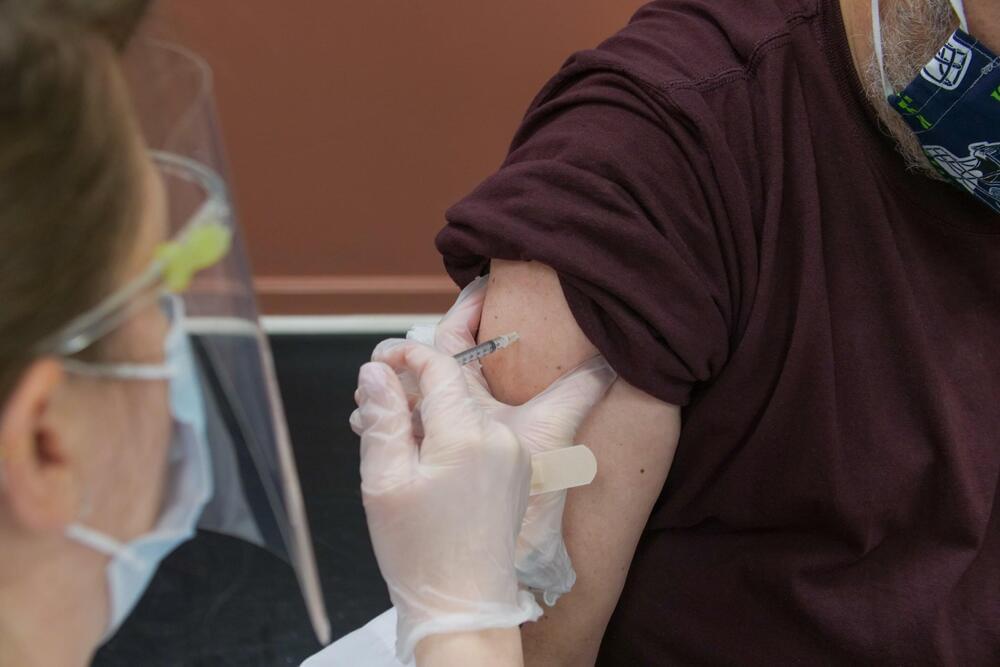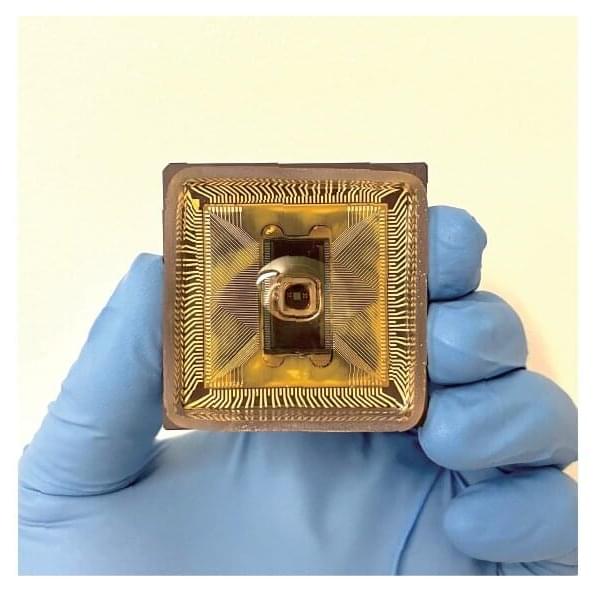Summary: Neurons in the memory-associated entorhinal cortex of super-agers are significantly larger than their cognitively average peers, those with MCI, and even in people up to 30 years younger. Additionally, these neurons contained no signs of Tau, a hallmark of Alzheimer’s disease.
Source: Northwestern University.
Neurons in an area of the brain responsible for memory (known as the entorhinal cortex) were significantly larger in SuperAgers compared to cognitively average peers, individuals with early-stage Alzheimer’s disease and even individuals 20 to 30 years younger than SuperAgers — who are aged 80 years and older, reports a new Northwestern Medicine study.
